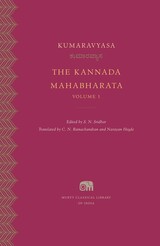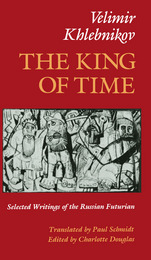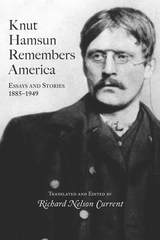4 start with K start with K


The classic Kannada version of the Mahabharata, a jewel of world literature, translated into English.
The Mahabharata, a cornerstone of ancient Indian literature, recounts the rivalry between branches of a royal family, the Pandavas and the Kauravas, culminating in a cataclysmic war. It has inspired numerous adaptations across languages and artistic media.
The Kannada Mahabharata, known as Kumāravyāsa Bhārata, is an innovative retelling where Krishna occupies center stage, composed by the fifteenth-century poet Kumaravyasa. His powerful verses critique kingship and caste and remain popular in musical performances and improvisational folk theatre today.
Volume 1 comprises “The Book of Beginnings” and “The Book of the Assembly,” including Pandu’s tragic death, the marriage of the Pandavas to Draupadi, Arjuna’s fiery destruction of the Khandava forest, the slaying of King Shishupala, and the dice game plotted by the Kauravas leading to the Pandavas’s exile.
This edition, which abridges the Kannada classic, presents a new English translation and the most reliable text of the original in the Kannada script.

Velimir Khlebnikov, who died in 1922 at the age of thirty-six, is one of the great, untranslated Russian poets of this century. Hailed by his contemporaries and by later writers and scholars as the creative genius behind the Russian Futurist movement, Khlebnikov is famous more for his inaccessibility than for the excellence of what he actually produced. Even Russians are generally baffled by him.
Now, in a powerful American rendition, we are given access to the strange and beautiful world of Khlebnikov, “the word’s wild highwayman.” Trained in the natural sciences and mathematics and by temperament an artist, Khlebnikov thought he had discovered the Laws of Time and Tables of Destiny, by which enlightened humans could live in harmony with themselves and with nature. He coined the terms “Futurian” and “Presidents of Planet Earth” for himself and his friends, and he devoted all of his short, restless life to finding a language appropriate to his vision. Experiments with words became magical paths to a reinvigorated future, and produced some of the most extraordinary poems in the Russian language.
These goals and researches were variously embodied as well in stories, plays, and visionary essays in which Khlebnikov advances architectural plans for mobile cities, a new alphabet based on universal meanings of sounds, and communication by way of vast television networks. The result is poetry of startling originality, modernity, and linguistic virtuosity—a true challenge to translators and one that has been met brilliantly here by Paul Schmidt and Charlotte Douglas.
The King of Time is a representative sampling of Khlebnikov’s writings, taken from the translation of his complete works prepared under the auspices of the Dia Art Foundation. It includes many pieces, among them the full text of the astounding poem-play Zangezi, never before translated. General readers will be introduced to the legendary Khlebnikov, and cognoscenti will applaud the inventiveness of the rendering.

READERS
Browse our collection.
PUBLISHERS
See BiblioVault's publisher services.
STUDENT SERVICES
Files for college accessibility offices.
UChicago Accessibility Resources
home | accessibility | search | about | contact us
BiblioVault ® 2001 - 2024
The University of Chicago Press









